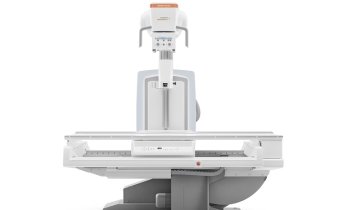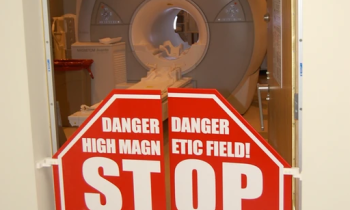Insurers balk at medical risk cover
As in the United States, European hospitals now face an inevitable result from escalating compensation payments made to medical injury patients - in the near future, premiums are expected to rise 25-100% in some EU countries.
In France, Belgium and Ireland some insurance companies will not even insure hospitals for patient injury claims. In other countries, such as Denmark, the Netherlands, Luxembourg and Malta, insurance premiums are increasing to such an extent that it is difficult for hospitals to cover the costs. As a result, several have cancelled their insurance - opting to pay claims directly from already beleaguered budgets.
This disturbing situation became a key issue at the 9th Plenary Assembly of HOPE, the European Hospitals Organisation (May, Portugal).
Insurance companies cannot rely on income from stock markets as in the late 1990s, and they motivate rising premiums by invoking difficulties to obtain accurate and reliable knowledge on the real number of injuries that occur and of future claims they will have to pay, HOPE pointed out. Although some countries have found temporary solutions, the long-term position remains unsatisfactory, the organisation added.
In the UK and Ireland, ‘state claims agencies’ have been set up to meet public liability claims of public hospitals. In France the government has taken economic responsibility to pay for ‘non-fault-injuries’ with over 25% invalidity. The Netherlands, France, Finland and Sweden have mutual, non-profit, insurance companies owned by hospitals themselves.
Funds for compensation are being discussed in Luxembourg, France, Belgium and Hungary.
No-fault compensation systems already exist in the Scandinavian countries and are being studied in Belgium, the UK and Ireland (for children). In Austria this system was introduced on a small scale.
Insurance systems are also being discussed in Hungary and Cyprus.
Risk prevention to reduce medical injuries is now a major topic in many countries. The creation of high quality, patient centred care, based on safe practice and supported by safe systems remains the goal for European hospitals, HOPE pointed out. ‘It is of utmost importance that patients across Europe can feel confident that there is a robust and reliable insurance coverage for medical risks.
The organisation plans to focus on:
• A study and comparison of different systems for medical risk insurance and evaluation of the scale of the crisis facing many European hospitals.
• Encouragement for the development of risk prevention schemes to reduce medical injuries.
• Examination of how patients are insured when using ‘free movement of patients’ entitlements.
Details: www@hope.be.
Or: Kaj Essinger, kaj.essinger@lf.se
01.07.2003









